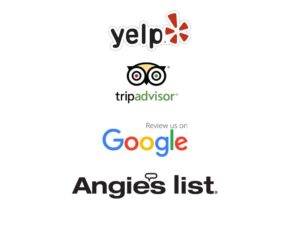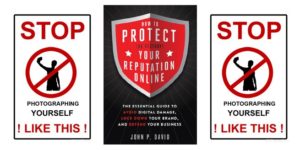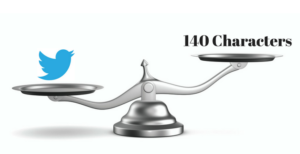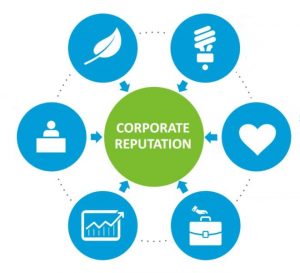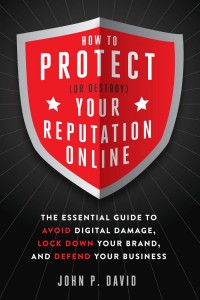 After a year that saw a slew of epic social media fails, like an Elon Musk tweet leading to a set of $20 million fines and numerous folks losing jobs over offensive posts, I can say with certainty that 2019 will offer a new batch of colorful online problems. Some of the old pitfalls remain, but there’s also hope as we learn to better manage our online lives – and hopefully be less judgmental of others. Here are five key online reputation trends for 2019.
After a year that saw a slew of epic social media fails, like an Elon Musk tweet leading to a set of $20 million fines and numerous folks losing jobs over offensive posts, I can say with certainty that 2019 will offer a new batch of colorful online problems. Some of the old pitfalls remain, but there’s also hope as we learn to better manage our online lives – and hopefully be less judgmental of others. Here are five key online reputation trends for 2019.
Your job is watching you, but mainly if you screw up
While most employers truly don’t care what you do in your off hours, what you say on personal social media accounts can still get you in hot water and even fired. For example, last month Green Bay Packers Associate Head Coach Winston Moss posted on Twitter that the team needs to hold star quarterback Aaron Rodgers accountable for the team’s poor play. Moss was quickly fired. Lesson: Don’t publicly bash your organization’s most high-profile employee. Sure, we have freedom of speech in America, but you don’t get to say whatever you want with impunity. I’m not an employment lawyer so I can’t get into the finer points of what constitutes a legally fire-able offense, but I know that in some states an employer doesn’t need a reason to terminate you. My advice is that it’s best to keep controversial opinions to yourself, and don’t say anything on social media that you wouldn’t be comfortable saying in your company break room among all of your co-workers.Read More

